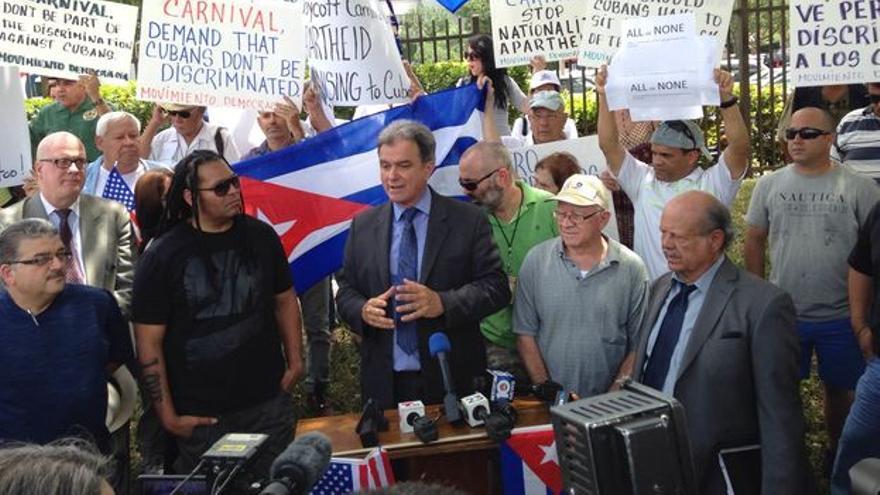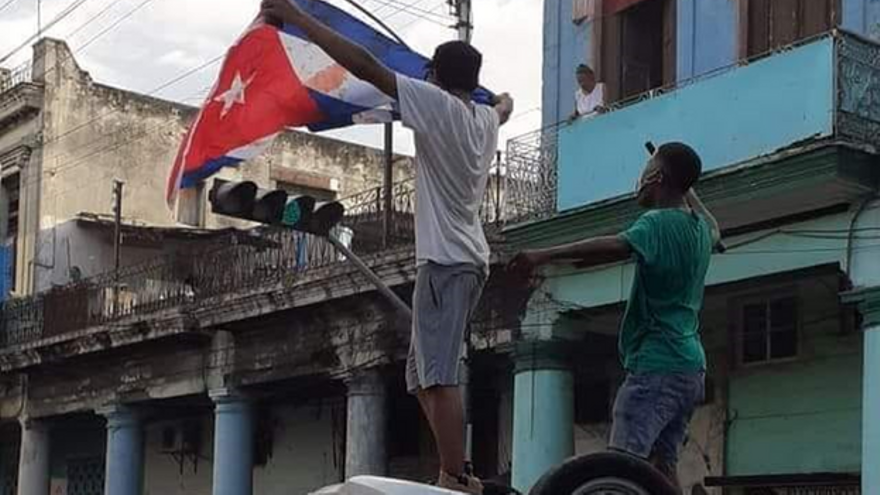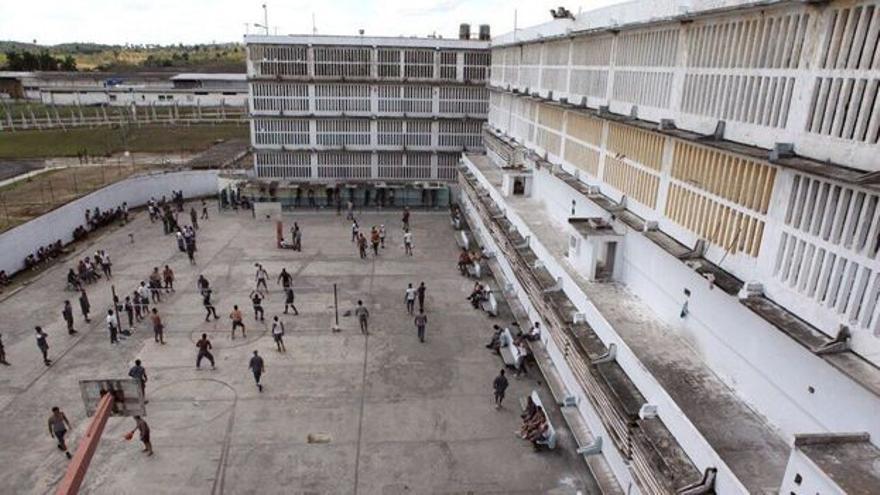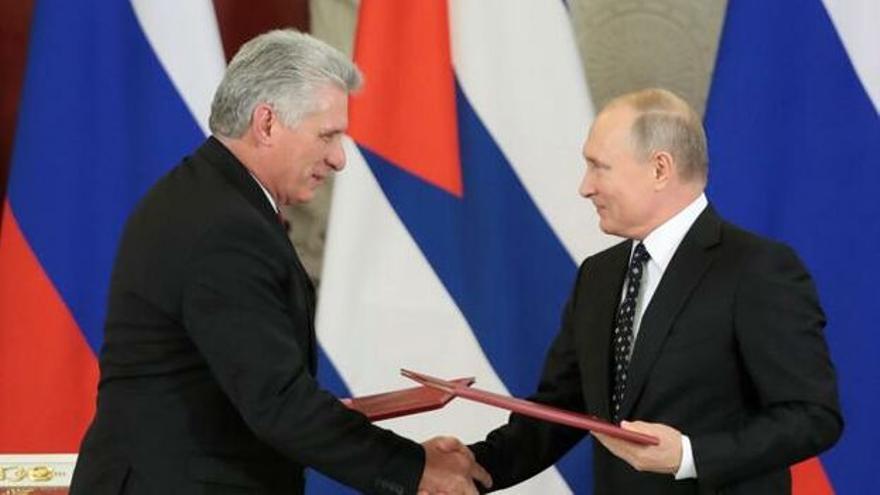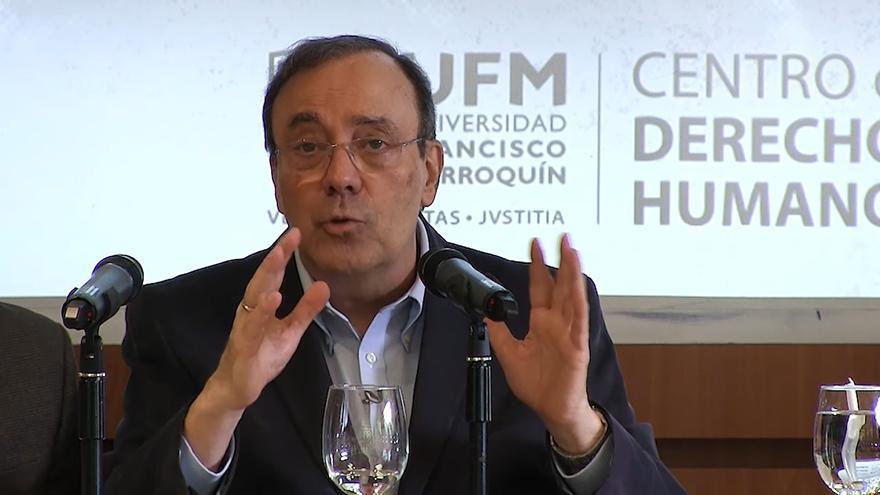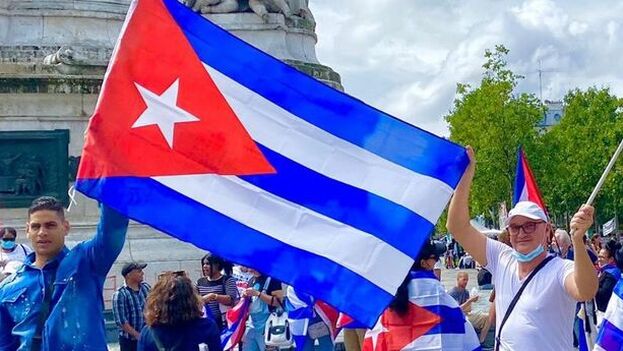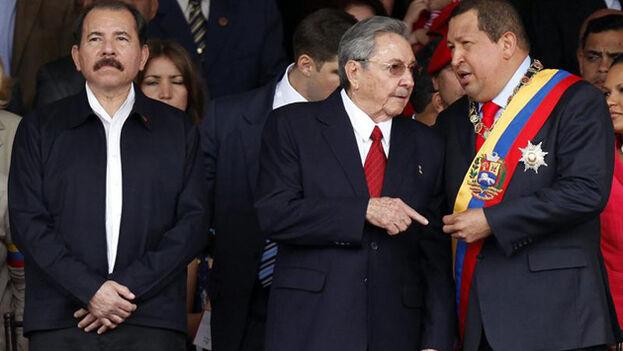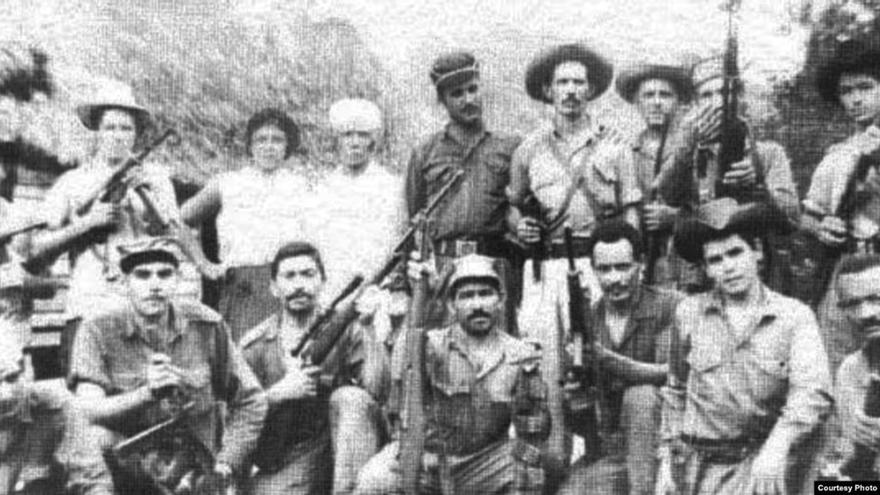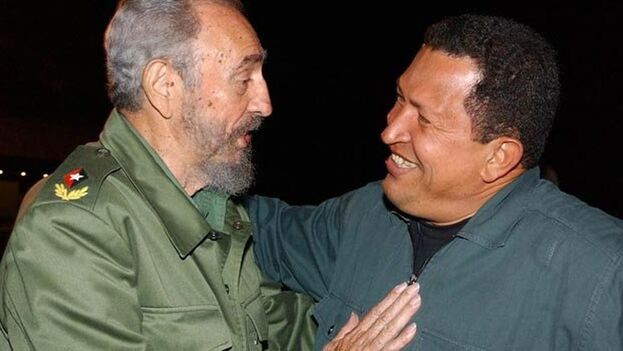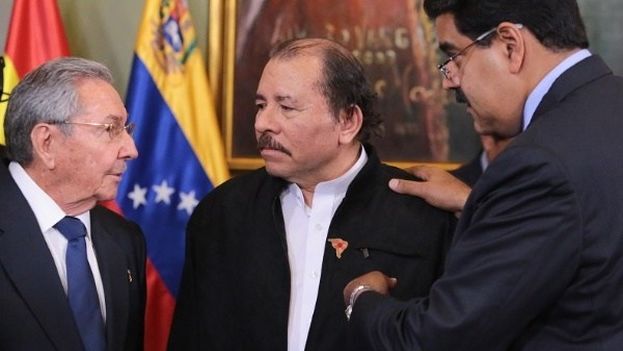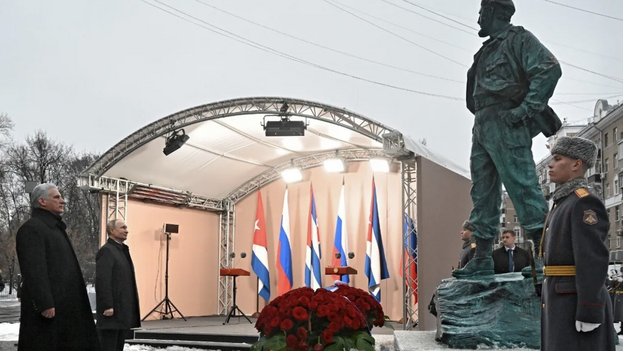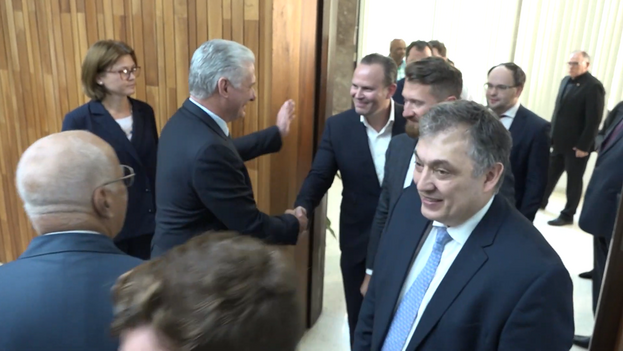
![]() 14ymedio, Pedro Corzo, Miami, August 26, 2023 — Developing an effective political opposition in a democratic society is a complex and delicate matter, but when a dictatorship is challenged, the situation worsens drastically, since the purpose of autocrats is the permanent conservation of power and, for that, they must destroy the opponents before they become a force capable of dethroning them.
14ymedio, Pedro Corzo, Miami, August 26, 2023 — Developing an effective political opposition in a democratic society is a complex and delicate matter, but when a dictatorship is challenged, the situation worsens drastically, since the purpose of autocrats is the permanent conservation of power and, for that, they must destroy the opponents before they become a force capable of dethroning them.
Reflecting on this motivated the former political prisoner Amado Rodríguez, 23 years behind bars, to say: “In Cuba there are many opponents, many brave ones, but it has not yet been possible in these more than 60 years to articulate an efficient opposition because the dictatorship prevents it, with its frequent raids, plus the iron social control it exercises over the population.” One of the first requirements of absolutism is to impose severe control over the citizenry through systematic, continuous, and brutal repression.
Another factor is the economic poverty of the opponents, particularly when the dictatorship acts within the framework of a totalitarian system.
Elections, even in democracy, are difficult and complex, so it is not difficult to imagine under dictatorships such as those of Cuba, Venezuela, Nicaragua and Bolivia, how false elections are called, particularly after the experiences of the autocrats Rafael Correa and Daniel Ortega, who called for elections without properly securing the fraud.
On the other hand, since public management is a monopoly of the State-Government, the political operation of opponents is extremely complicated, a factor that does not prevent the appearance of opponents, although it does not cease to be extremely dangerous to develop and articulate an efficient opposition that can successfully challenge the government. continue reading
In order to bring together a viable opposition, it is essential to involve, with total commitment, a percentage of people similar to the sector that makes up the hard core of power. Let’s say that any of our despots has 35 percent of the electoral mass identified with their program; if so, the opponent must have a similar support if they want to compete with chances of success, and that is with the assumption that the elections are not rigged.
One factor that fully plays in favor of these rulers is the proliferation of candidates. When there are many challengers, even if it is in the primaries, the opposition force is divided, unless the candidates and their supporters have an absolute desire for change, regardless of who leads it.
In addition, there is a situation, despite how often it has been repeated, which has not served as a lesson to opposition leaders, and that is that the regime, being aware of the electoral farce that it promotes, does not make concessions regarding to the electoral power, knowing that the opponents, due to their democratic discourse, are obliged to participate in a certain way, even though there are not sufficient guarantees for the elections.
Facing a dictatorship, particularly the populist ones of any sign, demands great moral solvency and a lot of courage. Autocrats, politicians, or simple criminals, do not respect differences and resort to crime without contemplation, also, they have plenty of guard dogs, who, believing, that they interpret the will of their masters who are almost never wrong, tear enemies to pieces.
In addition, it is important to highlight that one of the fundamental characteristics of these regimes is the high level of political participation of the population. It is difficult to find indifference. One is against or in favor, the most notable being anger, irascibility and intolerance, which makes an appearance in discussions related to public affairs a situation that invariably ends in favor of the authority.
It should not be ignored, I consider it the basis of this column, that political predators, be they Castro-Chavistas, Marxists or Fascists, do not consider those who oppose them as mere rivals or adversaries; for them, those who reject them are enemies to be destroyed physically and morally. Consequently, those who do not agree that their living conditions should reflect the decisions of others, and whose opinions are censored, must prepare to face deadly enemies, who seek our destruction.
____________
COLLABORATE WITH OUR WORK: The 14ymedio team is committed to practicing serious journalism that reflects Cuba’s reality in all its depth. Thank you for joining us on this long journey. We invite you to continue supporting us by becoming a member of 14ymedio now. Together we can continue transforming journalism in Cuba.


